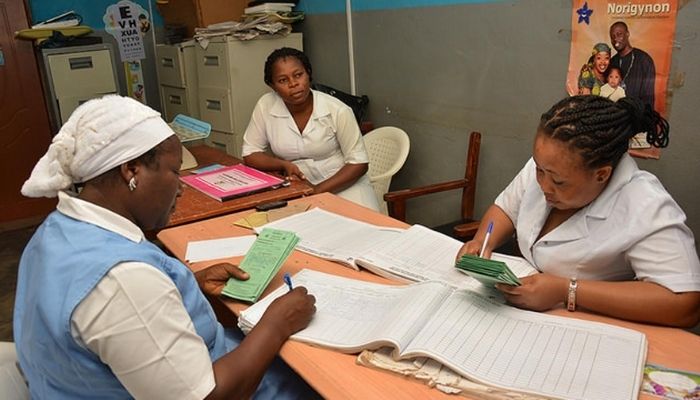Enugu engages 2,600 community health workers to boost primary healthcare
In a major move to strengthen community health systems and nip them in the bud, the Enugu State Government has recruited about 2,600 community-based Health Extension workers (health informants) in all communities.
The initiative is aimed at improving data collection and disease surveillance at the grassroots level and also connecting local health information to Primary Health Centres (PHCs) for verification and response.
Ifeyinwa Ani-Osheku, Executive Secretary of the Enugu State Primary Health Care Development Agency, disclosed this to journalists in Enugu after a joint review of the state’s health work plan with UNICEF.
According to her, “Over the last three to four days, we succeeded in screening about 4,500 applicants for this recruitment exercise. This is a super-targeted employment designed to strengthen our health information system at the community level.”
Ani-Osheku explained that the employment is a collaboration between the Federal Ministry of Health, the National Primary Health Care Development Agency (NPHCDA), and the Enugu State Government. She described it as part of an effort to restore the crucial link between communities and the health system that has weakened over time. “We realised there’s been a gap where health informants are no longer active in communities, and that has created a lot of problems.
“This recruitment is our attempt to fill that void by engaging trained individuals who will know their communities and settlements, collect vital health data, and connect residents to the nearest PHC or relevant health services,” she said.
Each of the State’s 260 wards will have 10 community-based health workers, making a total of 2,600 recruits. The employment will comprise two cadres—Junior Community Health Extension Workers and secondary school (WAEC) certificate holders—who will all undergo training before deployment.
Ani-Osheku further noted that the initiative is a cost-shared partnership between the federal and state governments.
She highlighted the specific roles of the health informants, saying they would help identify children with mobility challenges, which could indicate conditions like polio, and immediately alert health authorities for swift investigation and intervention.
“They will also help us mobilize data about peculiar diseases in their areas,” she added. “For instance, during one of our outreach programs, we discovered many residents in a particular community had hematuria, which indicated a parasitic worm infection. With that information, we were able to conduct a full-scale investigation and take preventive action.”
Ani-Osheku assured that all screened candidates would be fully onboarded before next month and deployed to their various communities to begin work.“These community-based health workers will be our eyes and ears on the ground,” she said. “They will help us pick up early signs of diseases and ensure timely interventions that will save lives.”

